Important Safety Information
What is the most important information I should know about VENCLEXTA?
VENCLEXTA can cause serious side effects, including:
Tumor lysis syndrome (TLS). TLS is caused by the fast breakdown of cancer cells. TLS can cause kidney failure, the need for dialysis treatment, and may lead to death. Your healthcare provider will do tests to check your risk of getting TLS before you start taking VENCLEXTA. You will receive other medicines before starting and during treatment with VENCLEXTA to help reduce your risk of TLS. You may also need to receive intravenous (IV) fluids into your vein. Your healthcare provider will do blood tests to check for TLS when you first start treatment and during treatment with VENCLEXTA. It is important to keep your appointments for blood tests. Tell your healthcare provider right away if you have any symptoms of TLS during treatment with VENCLEXTA, including fever, chills, nausea, vomiting, confusion, shortness of breath, seizures, irregular heartbeat, dark or cloudy urine, unusual tiredness, or muscle or joint pain.
Drink plenty of water during treatment with VENCLEXTA to help reduce your risk of getting TLS. Drink 6 to 8 glasses (about 56 ounces total) of water each day, starting 2 days before your first dose, on the day of your first dose of VENCLEXTA, and each time your dose is increased.
Your healthcare provider may delay, decrease your dose, or stop treatment with VENCLEXTA if you have side effects. When restarting VENCLEXTA after stopping for 1 week or longer, your healthcare provider may again check for your risk of TLS and change your dose.
Who should not take VENCLEXTA?
Certain medicines must not be taken when you first start taking VENCLEXTA and while your dose is being slowly increased because of the risk of increased TLS.
- Tell your healthcare provider about all the medicines you take, including prescription and over-the-counter medicines, vitamins, and herbal supplements. VENCLEXTA and other medicines may affect each other causing serious side effects.
- Do not start new medicines during treatment with VENCLEXTA without first talking with your healthcare provider.
Before taking VENCLEXTA, tell your healthcare provider about all of your medical conditions, including if you:
- have kidney or liver problems.
- have problems with your body salts or electrolytes, such as potassium, phosphorus, or calcium.
- have a history of high uric acid levels in your blood or gout.
- are scheduled to receive a vaccine. You should not receive a “live vaccine” before, during, or after treatment with VENCLEXTA, until your healthcare provider tells you it is okay. If you are not sure about the type of immunization or vaccine, ask your healthcare provider. These vaccines may not be safe or may not work as well during treatment with VENCLEXTA.
- are pregnant or plan to become pregnant. VENCLEXTA may harm your unborn baby. If you are able to become pregnant, your healthcare provider should do a pregnancy test before you start treatment with VENCLEXTA, and you should use effective birth control during treatment and for 30 days after the last dose of VENCLEXTA. If you become pregnant or think you are pregnant, tell your healthcare provider right away.
- are breastfeeding or plan to breastfeed. It is not known if VENCLEXTA passes into your breast milk. Do not breastfeed during treatment with VENCLEXTA and for 1 week after the last dose.
What should I avoid while taking VENCLEXTA?
You should not drink grapefruit juice or eat grapefruit, Seville oranges (often used in marmalades), or starfruit while you are taking VENCLEXTA. These products may increase the amount of VENCLEXTA in your blood.
What are the possible side effects of VENCLEXTA?
VENCLEXTA can cause serious side effects, including:
- Low white blood cell counts (neutropenia). Low white blood cell counts are common with VENCLEXTA, but can also be severe. Your healthcare provider will do blood tests to check your blood counts during treatment with VENCLEXTA and may pause dosing.
- Infections. Death and serious infections such as pneumonia and blood infection (sepsis) have happened during treatment with VENCLEXTA. Your healthcare provider will closely monitor and treat you right away if you have a fever or any signs of infection during treatment with VENCLEXTA.
Tell your healthcare provider right away if you have a fever or any signs of an infection during treatment with VENCLEXTA.
The most common side effects of VENCLEXTA when used in combination with obinutuzumab or rituximab or alone in people with CLL or SLL include low white blood cell counts; low platelet counts; low red blood cell counts; diarrhea; nausea; upper respiratory tract infection; cough; muscle and joint pain; tiredness; and swelling of your arms, legs, hands, and feet.
VENCLEXTA may cause fertility problems in males. This may affect your ability to father a child. Talk to your healthcare provider if you have concerns about fertility.
These are not all the possible side effects of VENCLEXTA. For more information, ask your healthcare provider or pharmacist.
You are encouraged to report side effects of prescription drugs to the FDA. Visit www.fda.gov/medwatch or call 1‑800‑FDA‑1088.
If you cannot afford your medication, contact genentech-access.com/patient/brands/venclexta for assistance.
US-VENC-210314





